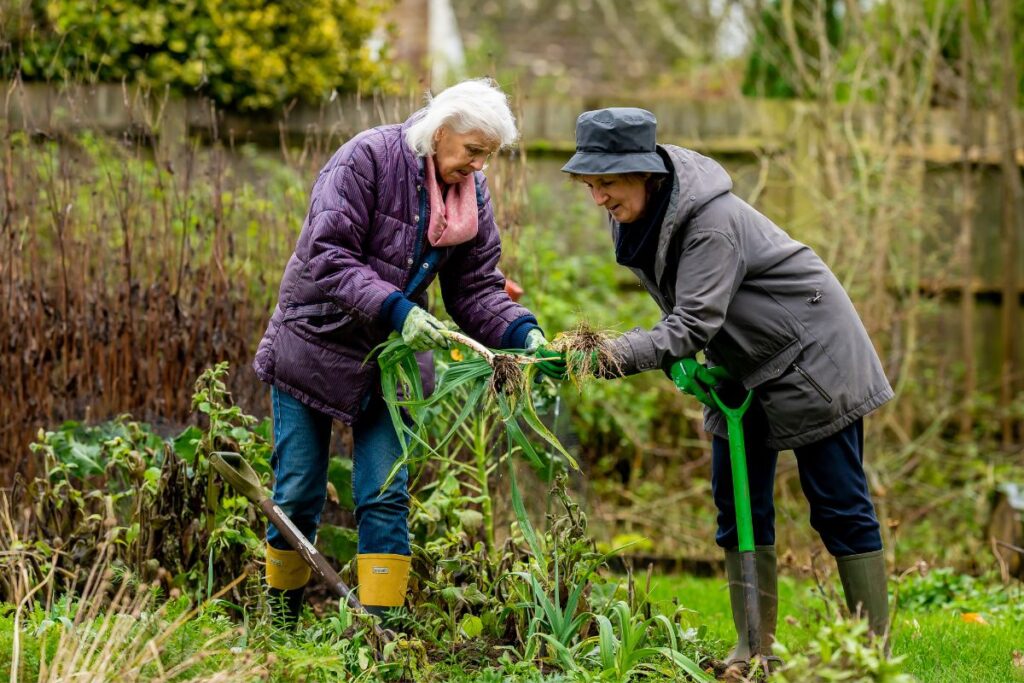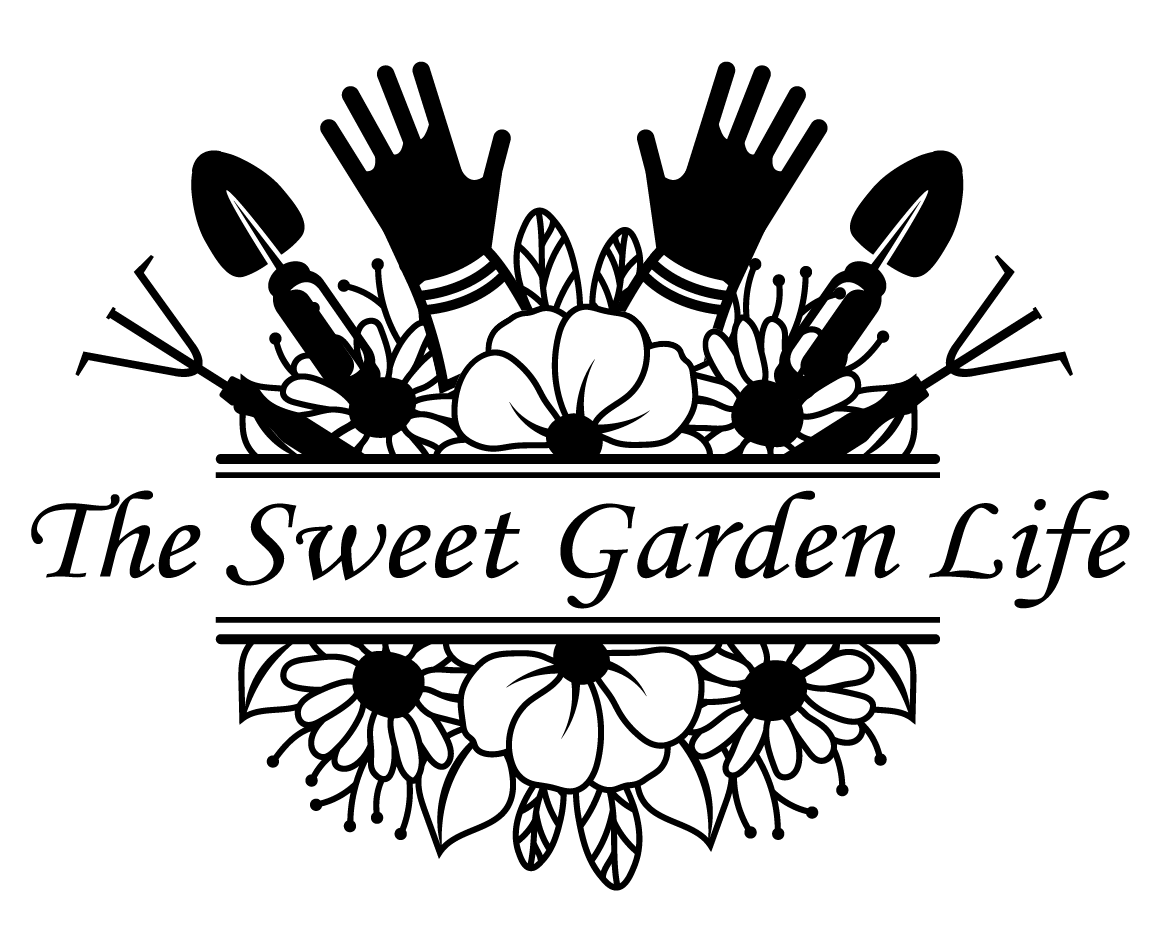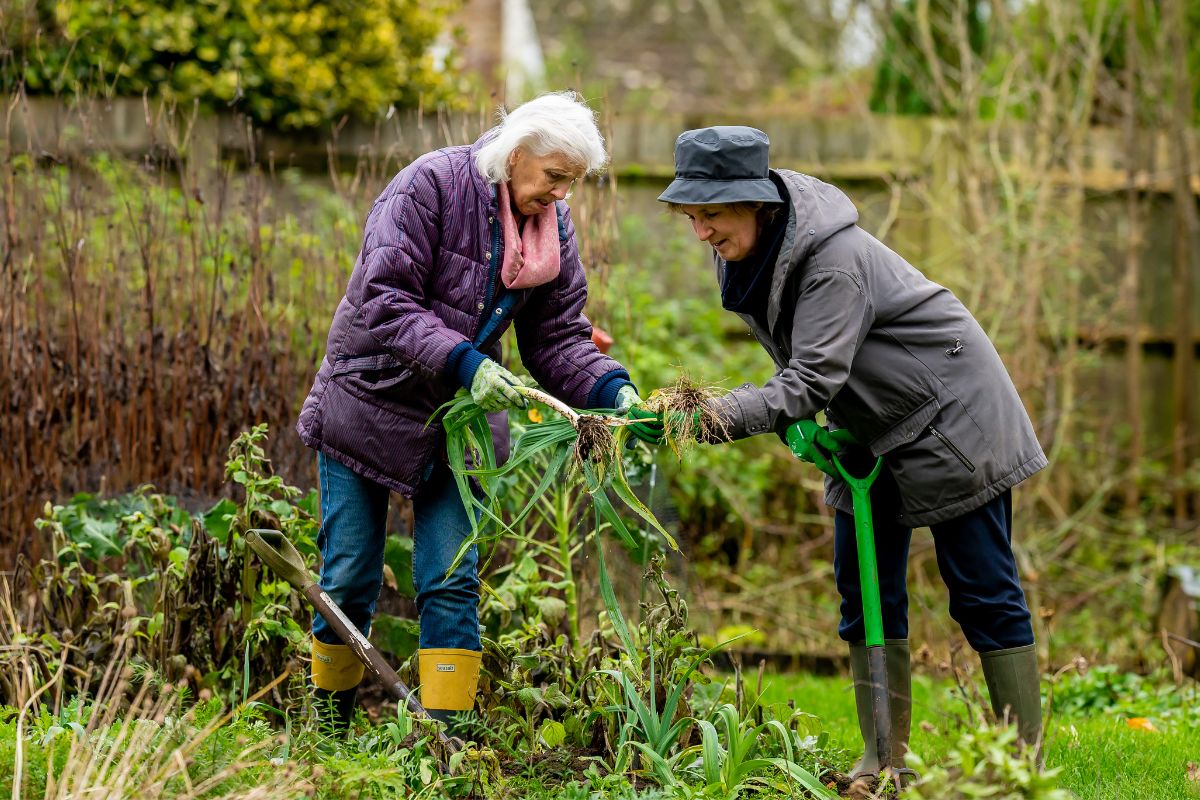● Gardening provides many health benefits for older adults, both their bodies and their
minds. It offers a gentle way to exercise that improves strength, flexibility, and
coordination and helps keep your heart healthy.
● Gardening can help lower stress, anxiety, and sadness. It can also make you feel helpful
and proud of what you do. Spending time outside in nature helps to increase vitamin D,
makes you feel happier, and gives you fresh air.
● Also, gardening helps people meet and talk to each other in community gardens or by
chatting with neighbors. This makes it a great way for older adults to stay active,
connected, and healthy.

People of all ages have long appreciated gardening as a timeless and fulfilling pastime. Beyond
the simple enjoyment of cultivating plants and flowers, gardening offers significant advantages
for seniors physical and emotional well-being. Finding interesting and health-promoting
activities for seniors is more crucial than ever as the world’s population ages. One such activity
that provides a comprehensive strategy for enhancing older adults general well-being is
gardening.
The many health advantages of gardening for seniors will be discussed in this article, along with
how it enhances social interaction, mental stimulation, emotional stability, and physical fitness.
We’ll also talk about how gardening can improve the quality of life for senior citizens by
supplementing care services for elderly individuals, enhancing their quality of life and
encouraging independence.
Benefits to Physical Health
Increased Fitness
Strength, flexibility, and coordination are all enhanced by gardening, a moderately demanding
physical activity that involves a range of body movements. For seniors, staying physically active
is essential to halt the natural ageing process’s effects on bone density and muscle mass.
- Strength and Endurance: Large muscle groups are used in tasks like digging, planting,
raking, and weeding, which naturally tones the arms, legs, and core. Frequent gardening
increases muscle strength and endurance, which is particularly beneficial for preserving
mobility and preventing falls. Regular gardening can actually be just as beneficial to
seniors’ cardiovascular health as low-impact aerobic exercise, according to studies.
2. Balance and Coordination: Flexibility and balance are fostered by the physical demands
of gardening, which frequently call for bending, stretching, and reaching. Since falls are
one of the main causes of injuries among the elderly, these movements are essential for
seniors. Additionally, the repetitive nature of chores like planting or weeding promotes
better coordination.
3. Dexterity and Fine Motor Skills: Handling garden tools, pruning hedges, and planting
seeds are just a few of the tiny motions required for gardening. Seniors’ dexterity and
fine motor skills are maintained and enhanced by these activities. Gardening can be a
low-impact method for people with arthritis or joint pain to maintain the flexibility and
functionality of their hands, wrists, and fingers.
Controlling Weight
It can get harder for seniors to maintain a healthy weight as they get older. Engaging in
enjoyable outdoor activities, such as gardening, can help you burn calories. Gardening provides
moderate-intensity exercise that can help control weight and fight obesity and other problems
that are prevalent in older adults.
Improved Heart Health
The physical activity involved in gardening can support heart health. Digging and pushing a
wheelbarrow are two easy gardening activities that can increase heart rate and improve
cardiovascular health. Walking around the yard or garden beds is another gardening activity
that, over time, can increase circulation and reduce blood pressure.
Advantages of Mental Health
Stimulation of the Mind
Planning and problem-solving skills are necessary for gardening, which keeps the mind active.
Critical thinking abilities are needed for tasks like choosing plants for specific seasons, keeping
soil healthy, and even determining where to put garden beds. These mental exercises can help
seniors prevent mental decline and enhance cognitive function.
By promoting cognitive engagement, research indicates that hobbies like gardening can lower
the risk of dementia and Alzheimer’s disease. Making choices and caring for a garden are two
activities that keep the brain active, which is essential for preserving mental acuity.
Decreased Depression Risk
It has been demonstrated that gardening significantly lowers depressive symptoms, especially
in older adults. Time spent in nature, particularly in a lovely and fruitful garden, can improve
mood and lower stress levels. Seniors who may feel lonely or purposeless will particularly
benefit from the sense of accomplishment and purpose that comes from caring for plants and
seeing them flourish.
Additionally, gardening gives seniors an opportunity to engage in physical activity without
feeling like they are exercising, which is known to release endorphins, the body’s natural feel-
good chemicals. This can improve mental health by lowering depressive and anxious feelings.
Relaxation and Stress Reduction
Gardening is not an exception to the long-standing correlation between stress reduction and
time spent in nature. Digging, planting, and watering are examples of rhythmic gardening
activities that can have a calming mental impact. Seniors can forget about everyday stressors
and concentrate on the here and now by performing these repetitive motions.
It is possible for seniors to establish a connection with nature by spending time outside,
especially in a well-kept garden. It has been demonstrated that this relationship raises feelings
of well-being and decreases cortisol levels, a hormone linked to stress.
Integrating Gardening with Care Services for the Elderly
Gardening can be a very therapeutic, entertaining, and health-promoting activity for seniors
receiving care services for the elderly. With the assistance of staff or volunteers, residents can
plant and maintain gardens in the garden areas found in many assisted living and care facilities.
The elderly’s physical and emotional health is enhanced by these gardens, which frequently
provide a place of joy and relaxation.
Additionally, gardening can be modified to meet the specific requirements of elderly people
who have cognitive decline, mobility problems, or other health issues. Wheelbarrows,
ergonomic tools, and raised garden beds can help people with limited physical capabilities
enjoy gardening. Seniors can also be guided through gardening activities by qualified therapists
or caregivers who can offer support while encouraging independence.
Often, structured gardening programs or therapy tailored to the seniors’ unique health and
wellness requirements can be included in care services for the elderly. Seniors with dementia
might appreciate basic sensory experiences like touching flowers or hearing sounds, while
those with arthritis might benefit from using adaptive tools or working in a smaller, easier-to-
manage garden area.
Wrap Up
Seniors can benefit from gardening in many ways, including increased physical activity, mental
and emotional well-being, and social interaction. Gardening can significantly improve the lives
of older adults by increasing physical strength, reducing depressive symptoms, giving them a
sense of purpose, or promoting social connections. When incorporated into senior care
services, gardening can be a simple and efficient way to improve seniors’ quality of life while
offering them therapeutic advantages and a sense of achievement.
For more information on benefits of gardening, click here.

